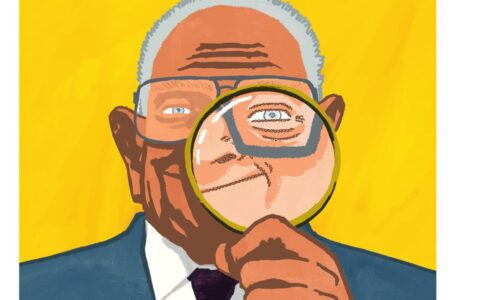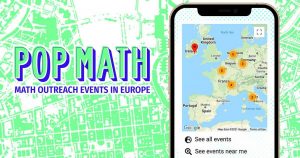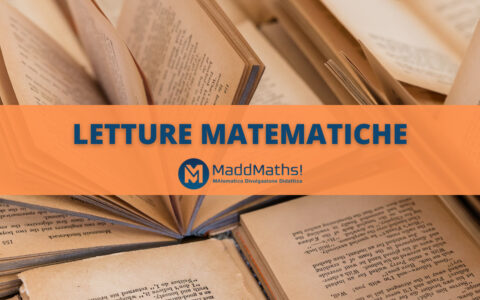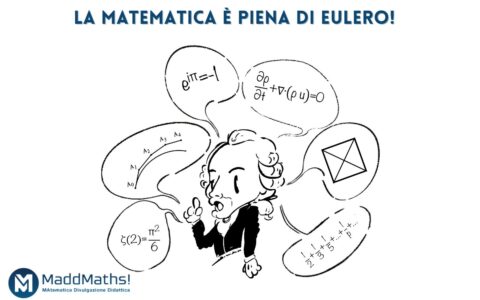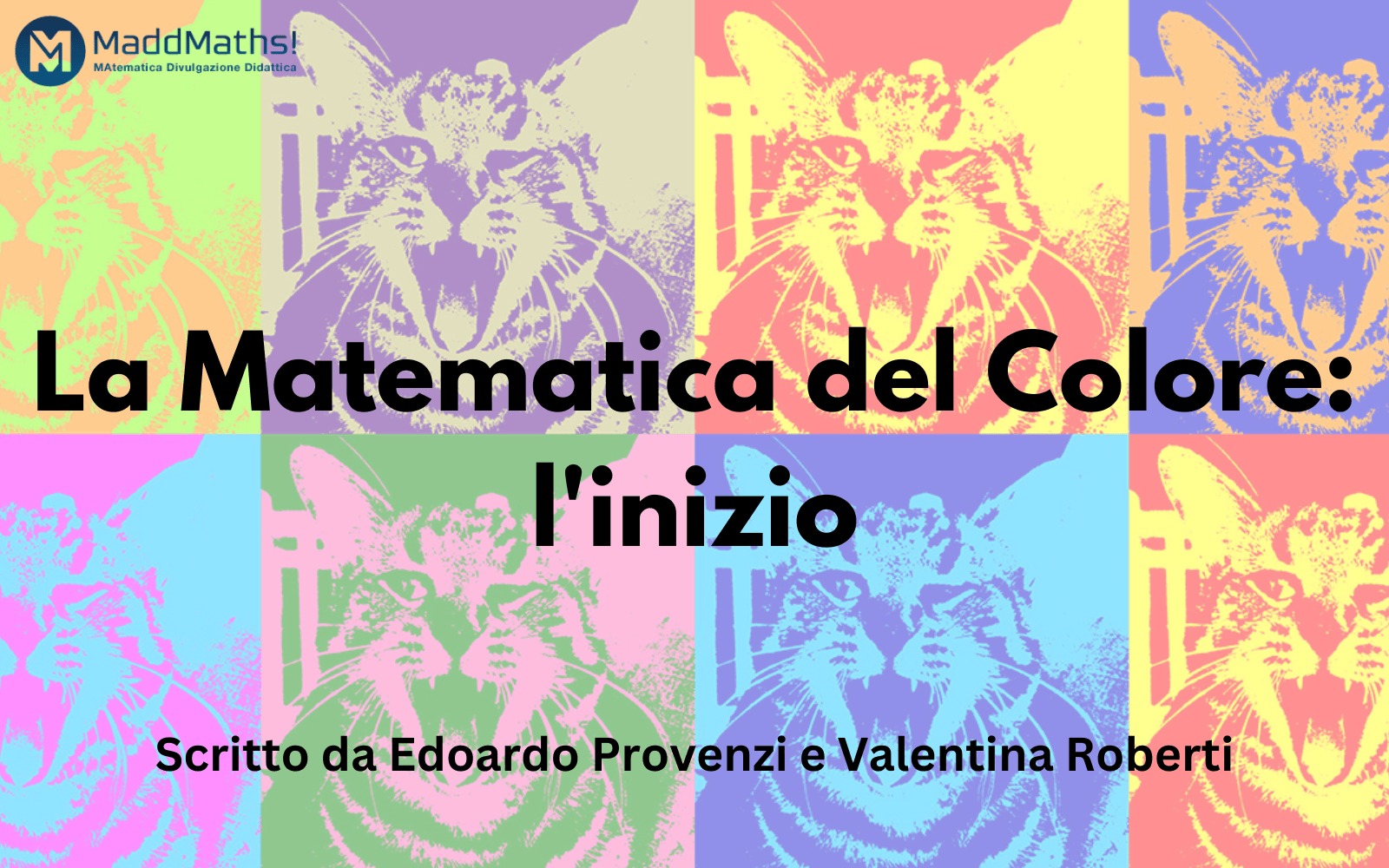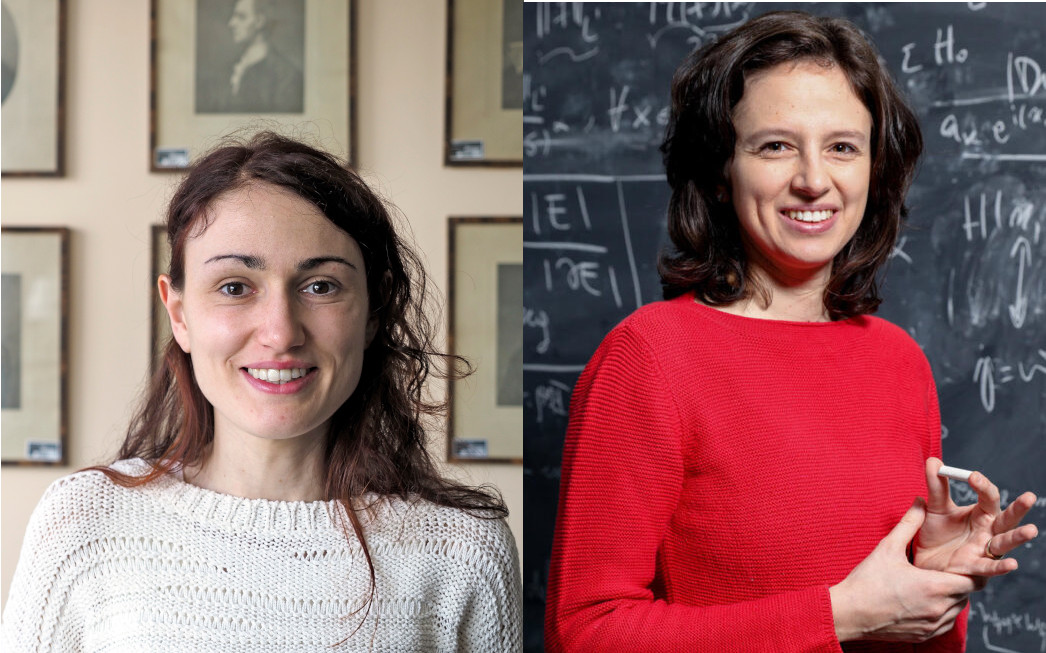Interview with John Tate
by Maria Gualdani
Austin, March 31, 2010.
M.G.: Yes. So the first question I would like to you is that you explain in very few words what has
been for your opinion your biggest contribution to the number theory, the one has been taken to you
the longer time to do it.
J.T.: Well, I am going to borrow something I read, which the first winner of this prize said when he
was asked that question. He said “would you ask a mother which of her children was the favorite, or
the best, or whatever…
M.G.: Well, sometimes there you have a favorite child, the one that you understand the most….
J.T.: I guess that’s true. Oh, my gosh! … well …
M.G.: Well, maybe the one then has … which took to you longer time.
J.T.: Longer time. I never took long time because I never …
Well, one of my favorite is certainly my Theorem about isogenies of abelian varieties (N.d.R.: it
was Elliptic curves in the video) over finite fields and that the statement makes sense over any field
(N.d.R. his conjecture). I had the feeling that it should be true over number fields of any finitely
generated field. I was able to prove it over the finite, and I tried, tried and tried over number fields. I
never succeeded but Falting did succeed in 1983.
He succeeded in proving that conjecture, mine, together with conjecture of Shafarevich and
Mordell’s conjecture. All together. One package. It was a great achievement.
M.G.: Is there a Tate conjecture?
J.T.: There is, and it was what Falting did… What I did was a very special case and Falting did a
more general case.
M.G.: ok but is there a Tate conjecture that hasn’t been solved?
J.T.: There certainly is.
M.G.: How is the probability that you will see it solved.
J.T.: I’m very pretty old. I wound’t give it a very good chance.
M.G.: What is that about?
J.T.: One way of studying it is that a certain group is finite, that is one of finite number: the
Brauer group of most general form, I guess: given the Brauer group of a ….what are the
conditions such that a good scheme over complete , … a proper schemes over “Spec Z” is finite?
But, there is still a more general Tate conjecture about intermediate Jacobians or something like cycles, instead about dividers of just cycles of codimension one. ( N.D.R The conjecture involves also) cycles of higher codimension, but that I’m less confident about.
M.G.: Ok, and still about big open problems, what do you think in all spectrum, which open
problem is for you the most relevant the mathematicians should work on and concentrate?
J.T.: I’m not sure that the relevant one is the same as the one they should work on. But I certainly
tell that someone as a young person who wants to establish himself as a mathematician should not
work on the Riemann Hypothesis…
M.G.: Shouldn’t…
J.T.: yes, shouldn’t because the chances are very little, people worked for one hundred and fifty
years, the best, the greatest mathematicians in the world…
M.G.: didn’t succeed …
J.T.: yes, for me it’s for me the most important open problem
M.G.: and have you thought about it?
J.T.: No, not much.
M.G.: How did you discover you passion for math when you were young? Maybe your parents
were already in academia?
J.T.: My father was an experimental physicist. My mother knew the classics, nothing to do with
scientific. But I always liked math at school and found it very easy.
I still remember, I have no idea what age I was , but it is interesting that I still remember: a sudden
realization, I must be maybe four or five years old, that 25 times 40 was a thousand.
I don’t know what this had to do, ten dollars bill in quarters …
M.G.: Maybe a thousand was a big number, and then you could get with small ones.
J.T.: And then I remember I got to hold this book when I was a teenager called ”Men of
mathematics” by E.T. Bell, not a politically correct title, men of mathematics…
M.G.: yeah, but at that time…
J.T.: and I enjoyed it all, about the greats of history, each chapter being the life of one of the
greatest mathematicians in the history: Archimedes, Gauss, Newton. I read that book and I was
fascinated, but I decided I was not like these guys, no point in doing math for me.
But I also, that is why I … I think you had one question about things that fascinated me most when
I was young: that was what I learned in that book, in the chapter about Gauss about quadratic
reciprocity and I was fascinated. I tried to prove it, it is such a simple statement. Of course, it had
taken to Gauss a year or two to prove it. And I thought I will never able to proved it.
But the miracle was that, when I finished college and I was going to a graduate school, I decided
would go to a graduate school in physics. I could be a physicist and I liked physics. My father and
anybody could be a physicist. I didn’t think anybody could be a mathematicians.
Pretty stupid, I don’t know where I kept that idea…
M.G.: Maybe at that time in America to be physics was more in fashion…
J.T.: No, it was not a question of fashion, I just didn’t think I had the ability to prove new things in
math. And so, I went to Princeton graduate school in Physics, and after one term I just couldn’t
resist and I tried to switch to mathematics and of all things, who did I find in the Math Department?
His name was Emil Artin ( N.D.R His PhD advisor and co author of a book a many papers) and he was the one who made the final big generalization of the quadratic reciprocity work, the thing that fascinated me the most as a kid. I became his student. I couldn’t have a better start to my mathematical life. He gave me the idea for my Thesis.
M.G.: And that’s how you started it.
J.T.: Yes, I started…
M.G.: And you graduated from Princeton and then went to Harvard right away?
J.T.: I stayed in Princeton. We had seminar on class field theory. I was a post-doc doc there. So I
was able to stay three more years and then one year at Columbia University and then Harvard.
M.G.: an then you stayed there for 30 years.
J.T.: 35!
M.G.: And then you come down to Texas!
J.T.: And then I came to Texas. And it was really a great privilege to be able to spend the next
twenty years here. We all enjoyed it, very collegial, everybody was friendly.
M.G.: Did you have many students? Did you like also the educational part of your job?
J.T.: I love teaching and I had many students.
M.G.: Still in contact with of them of course I guess ….
J.T.: With some of them, many of them.
M.G.: Do you have other strong passions in your life except mathematics?
J.T.: I don’t know how strong. I like to hike, but now I have got a bad ankle. But it is manly been
math. I am not a reinassance man in any sense. Mathematics is my biggest passion.
M.G.: What is your suggestion for a young mathematician or a young person who would like to
start an academic career in mathematics? I you have give just one suggestion, in any kind of field:
applied maths, numerics, number theory…
J.T.: She or he should not to do mathematics unless they can’t help , unless they are pulled so
strong.
M.G.: So, one has to have a very strong passion…
J.T.: I don’t know, that would be just my advice.
M.G.: Nowadays the economy is not doing well and many people have to leave academia where the
have a desire to stay.
J.T: One should not do mathematics because you think you would not get a good job or an easy job.
M.G: Separation between pure math and applied math. Comment on that.
J.T.: Sometimes you cannot tell. When I was your age doing number theory had no idea that would
ever been of any use to anyone, but now with hight speed computers it is of tremendous use.
Storing information, encriptic information, decoding, the whole commercial use is based on these
things now. So, it is very practical. But this is not why I did it. I had no idea it will ever been used. You don’t know what is applied math and what is not.
But I still do it ( N.D.R. applied math), mainly because I do some consulting in criptology. But my
real heart is in pure math, in its beauty. I think both sides are equally important. They have different criteria, pure math has to prove, applied math has to work, they don’t need to prove it.
Comment from Prof. Felipe Voloch regarding the prize: Very well deserved. Great honor for the
University of Texas at Austin, there would not be a better choice.
Question from Prof. Richard Tsai : The reason why you did what you did is just because you are
very excited about it, nothing else?
JT: right! exactly. How do you say? For the gloria of the human spirit ….
MG: did you have a hint that your research might be fundamental for some practical use ?
JT: Not really. In Princeton Von Neumann at that time was building a high speed computer, that had
tubes instead of transistors. It took an enormous room because of the heat generated by those tubes.
I was familiar for that, but I was not clever enough to understand that this would revolutionalize
commerce and communications. I didn’t think that far ahead.


